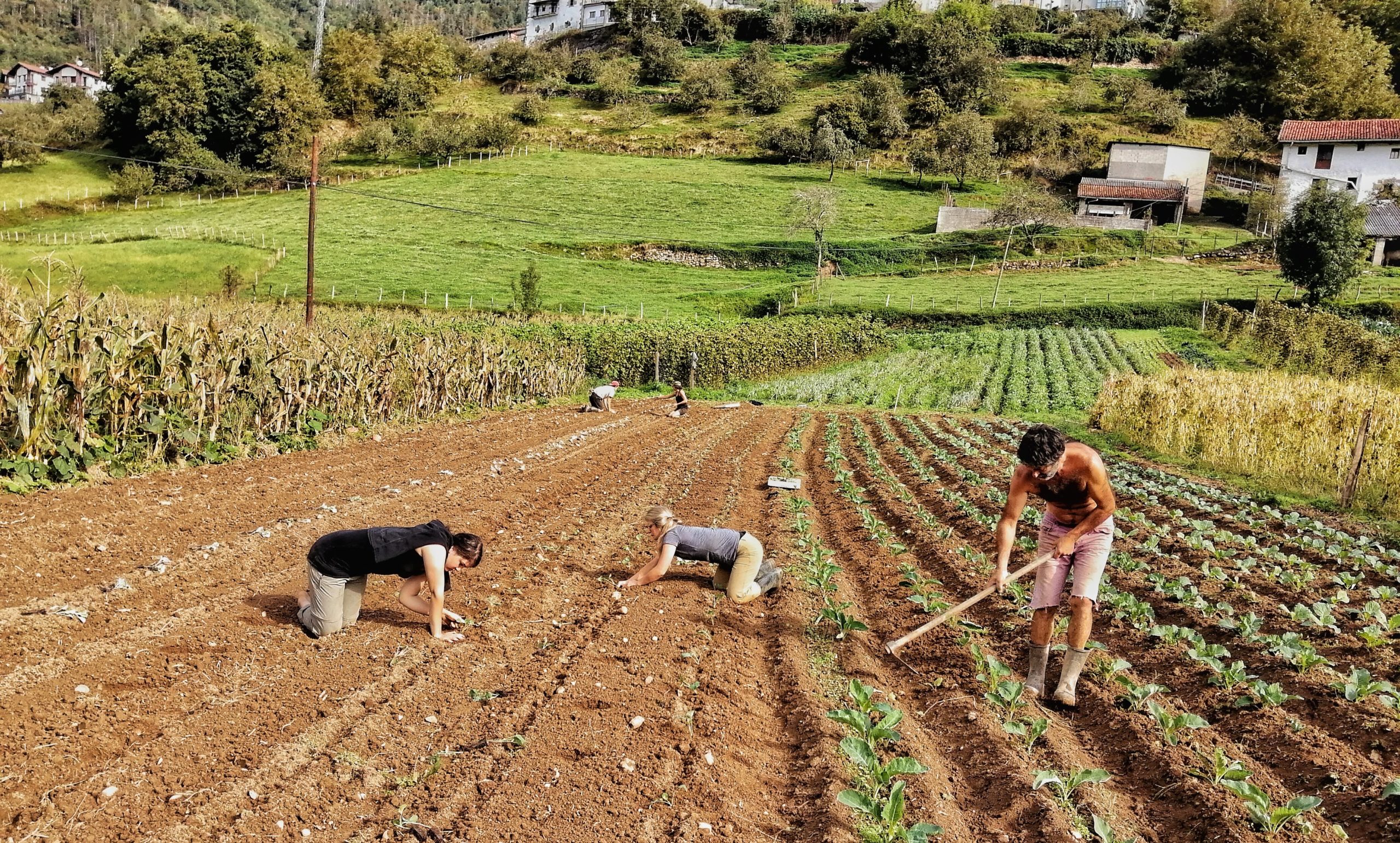Why is food not treated as a commons? What would it look like to govern food as such? In this episode of the Frontiers of Commoning podcast Jose Luis Vivero Pol challenges the hegemonic narrative of food being a commodity; a narrative dominant which maintains the market as the most suitable mechanism to distribute food.
Jose explains and provides historical and contemporary examples of food commoning; of enclosure in food governance; and of the ills of treating food first and foremost as commodity for making profit.
Taking us through the many dimensions of food that should never be monetised, this podcast helps us to understand the importance of questioning the dominant perceptions and valorisations of food in a capitalism food system and how commons-thinking can challenge these.
This episode can be found on the Frontiers of Commoning website, PodBean, PlayerFM and on Apple podcasts.
Jose Luis Vivero Pol is an anti-hunger activist and PhD Research Fellow at the Universite Catholique de Louvain, in Belgium.
Frontiers of Commoning is a podcast which makes monthly conversation with creative activists pioneering new forms of commoning.
“I want to debunk the idea that food is merrily a commodity and only through market mechanisms we can distribute food.”
Jose Luis Vivero pol
Episode 22 – frontiers of commoning podcast
